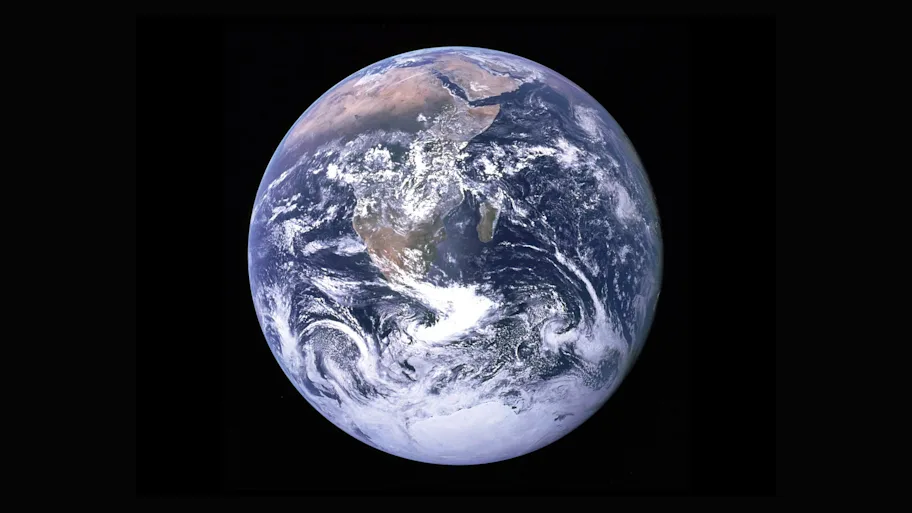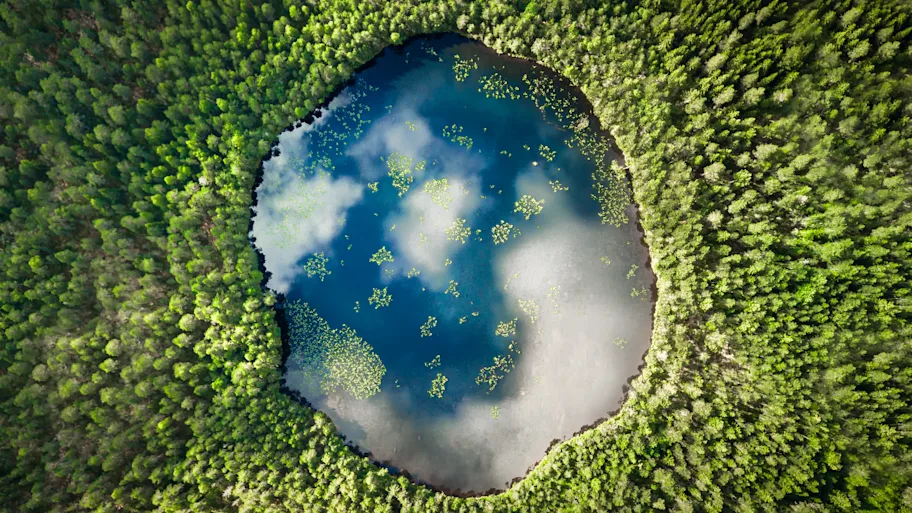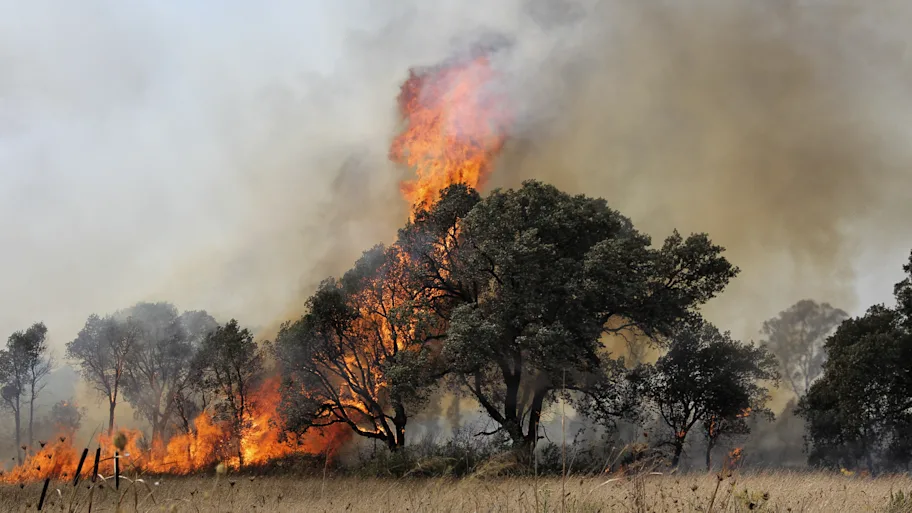
- Science news
- Frontiers news
- The Frontiers Research Foundation explores the transformational power of science at INGSA 2024
The Frontiers Research Foundation explores the transformational power of science at INGSA 2024

The Frontiers Research Foundation is an official sponsor of INGSA 2024: The Transformation Imperative, the fifth international conference of the International Network for Governmental Science Advice (INGSA). Governed by the overarching theme of diversity and inclusion within the iterative and dynamic process of science advice, the conference will focus on transformation, expanded evidence, and inclusion. The event will be held 30 April – 3 May 2024 in Kigali, Rwanda.
INGSA is a collaborative platform for policy exchange, capacity building, and research across diverse global science advisory organizations and national systems. It works to create the capability, resilience, and positive outcomes of these systems and the people that comprise them. This year's event marks a significant milestone as it ventures into Africa for the first time and brings together participants from diverse backgrounds, including academia, policymaking, diplomacy, and the private sector. Together, they will delve into questions surrounding the development, objectives, and reception of a more interconnected and inclusive approach to science advice.
As a sponsor, the Frontiers Research Foundation is committed to advancing scientific advice to governments, promoting evidence-based decision-making, and ensuring a sustainable future. In support of this commitment, the Frontiers Research Foundation, in collaboration with the African Academy of Sciences, has organized a panel session, titled “Unlocking solutions through transformational science: outlooks for Africa,” which will focus on revolutionizing how research is conducted in African institutions to drive system change. Together, a group of expert panelists will discuss Planetary Boundary Science, exploring its transformative potential and strategies to overcome academic barriers that impede such initiatives. The conversation will delve into the driving forces behind radical changes in research and emphasize their importance for Africa's journey to a climate-resilient future. Case studies will help illustrate these shifts and the role that open access to scientific literature plays in publicizing and normalizing such transformative research will be reinforced.
Additionally, the panel will highlight the Open Science Charter, which calls on the global community to prioritize the public good and unlock science, and the Frontiers Planet Prize, a global sustainability competition designed to mobilize science for a green renaissance. These initiatives further champion open science, demonstrating the value and transformative impact of research made openly available from the scientific community worldwide.
Lise Korsten, President of the African Academy of Sciences, will moderate the panel, which will consist of science and technology policymakers, including:
Rémi Quirion – Chief Scientist of Québec, President INGSA
Daan Du Toit – Deputy Director-General: International Cooperation and Resources, South African Department of Science and Technology
Eugène Mutimura – Executive Secretary and Member of the Council, National Council of Science and Technology of Rwanda
Andrea Hinwood – Chief Scientist, United Nations Environment Programme
Read and sign the Open Science Charter here.
About the Frontiers Research Foundation
The Frontiers Research Foundation is a not-for-profit organization based in Switzerland, which was founded by Kamila and Henry Markram, neuroscientists from the Swiss Federal Institute for Technology (EPFL). It raises funds to support programs that accelerate scientific solutions for healthy lives on a healthy planet.
About the Frontiers Planet Prize
The Frontiers Planet Prize is a global competition for scientists and research institutions to propose solutions to help the planet remain within the safe operating space of any one or more of the nine planetary boundaries. It was created by the Frontiers Research Foundation on Earth Day 2022 to mobilize the global scientific community, make it complete at the highest level of excellence, and contribute to the acceleration of concrete solutions to the challenges defined by the planetary boundaries. To date, it has drawn together hundreds of scientists, 20 national academies of science, 475 leading universities and research institutions to compete for three prizes of 1M Swiss francs each as adjudicated by a Jury of 100 leading sustainability scientists.






